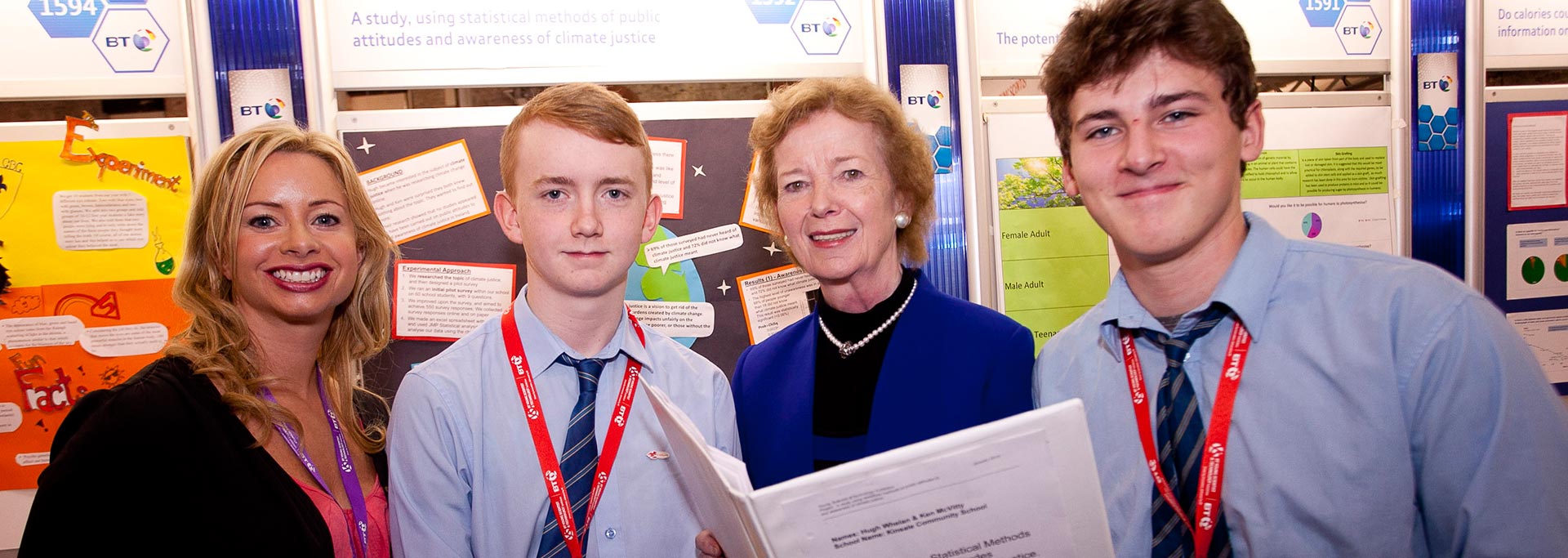The transformative power of education under-pins other principles, making their successful adoption more likely and inculcating into cultures a deeper awareness of human rights and climate justice than is presently to be found. To achieve climate stabilisation will necessitate radical changes in lifestyle and behaviour and education has the power to equip future generations with the skills and knowledge they will need to thrive and survive.
As well as being a fundamental human right which is already well developed in the international framework of rights referred to above, education is indispensable to the just society. It draws those in receipt of it towards a fuller understanding of the world about them, deepening their awareness both of themselves and of those around them. Done well, it invites reflection on ethics and justice that make the well-educated also good citizens, both of their home state and (in these global times) of the world as well.
Delivered in an effective multi-disciplinary school, college or university environmental education can increase consciousness of climate change, producing new insights not only at the scientific but also at the sociological and political level. Education is also achievable outside the formal system, through public and, increasingly, virtual (i.e. web-based) activity. The learning required to see climate change in justice terms cannot be done at the schools and university alone: it is a life-long responsibility and therefore a commitment.
